The Voluntourist Trap
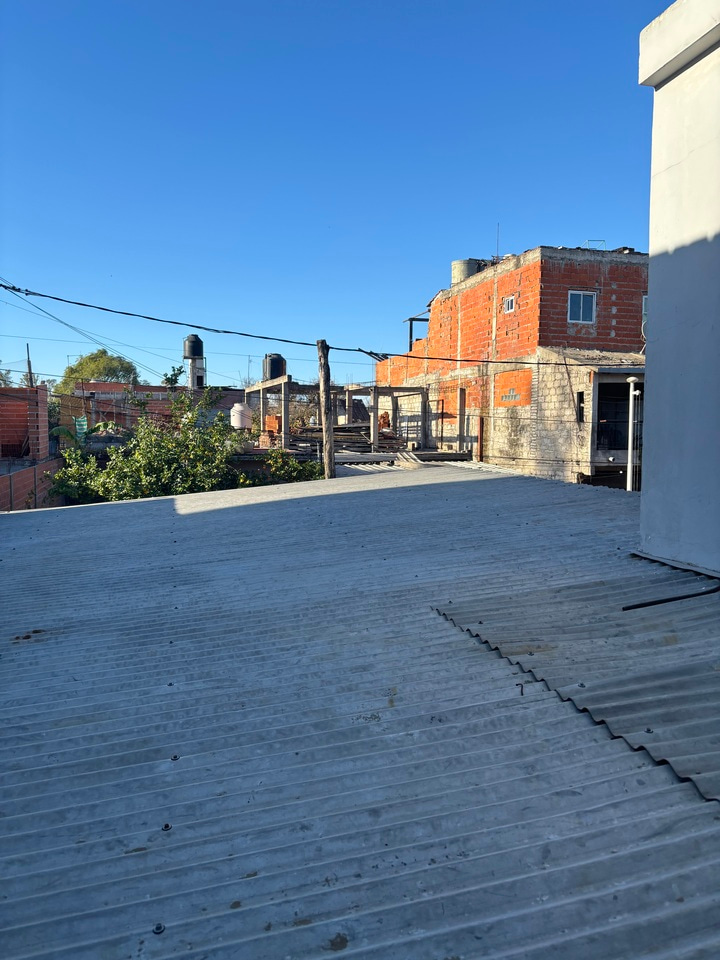
Often, voluntourism creates an imbalance between the volunteer and the community in which they are working. Many volunteers have preconceived notions of life in a developing country. A nation of poverty stricken people who cannot function without support of foreigners. But the natives of the host country are not inanimate figures that cease to exist when the volunteer is not present. We must remember that we are joining, for a brief time, an already established community, built by the hard work of people facing particularly difficult circumstances.
For my summer project, I am volunteering in a Argentinian nursery school. My first, and possibly most important lesson, was that they do not need me. The school was founded by two women, who saw a need in their community and worked tirelessly to fill it. Volunteers are welcomed, as the school is understaffed, but the 5 women who work there permanently maintain a high standard of education and routine, whether or not a volunteer is present. I exist as an extra pair of hands, to wipe tables and pick up toys. So yes, volunteers are helpful, but we should never assume that this means the community is helpless.
The school itself is a modest building, with concrete walls and a tin roof. Downstairs, a wire fenced courtyard leads into a kitchen, a bathroom and one classroom. Upstairs, there is one more classroom and a small office. It would be dull, depressing even, if not for the children’s art that brings the place to life. Alphabet letters crawl up the walls, painted planets hang from the ceiling, and bunting in the blue and white of the Argentinian flag lines the courtyard.
The children themselves are a joy. Each day when I arrive, every child scampers up to hug my legs. Despite my poor Spanish, they chatter happily as we colour, stick, bake and play. Even at 4 and 5 years old, they firmly correct me when I use the wrong verb, or fumble my tenses.
I am learning just as much from them as they are from me. More, probably. When we view volunteering as an exchange, rather than a powerful vs powerless relationship, both parties can benefit more. The volunteer gains knowledge and understanding of a new community, while the community can share their culture, as well as receive the practical help offered.
With this mindset, a mutual respect develops, and we can avoid the trap of saviourism when volunteering.
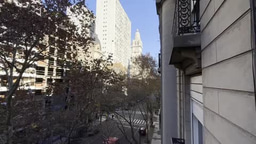
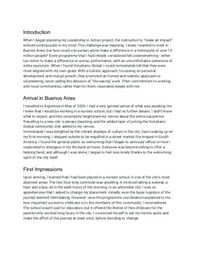
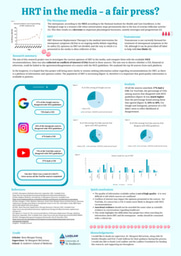
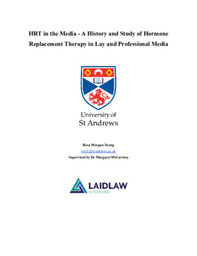
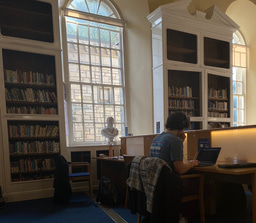
Please sign in
If you are a registered user on Laidlaw Scholars Network, please sign in